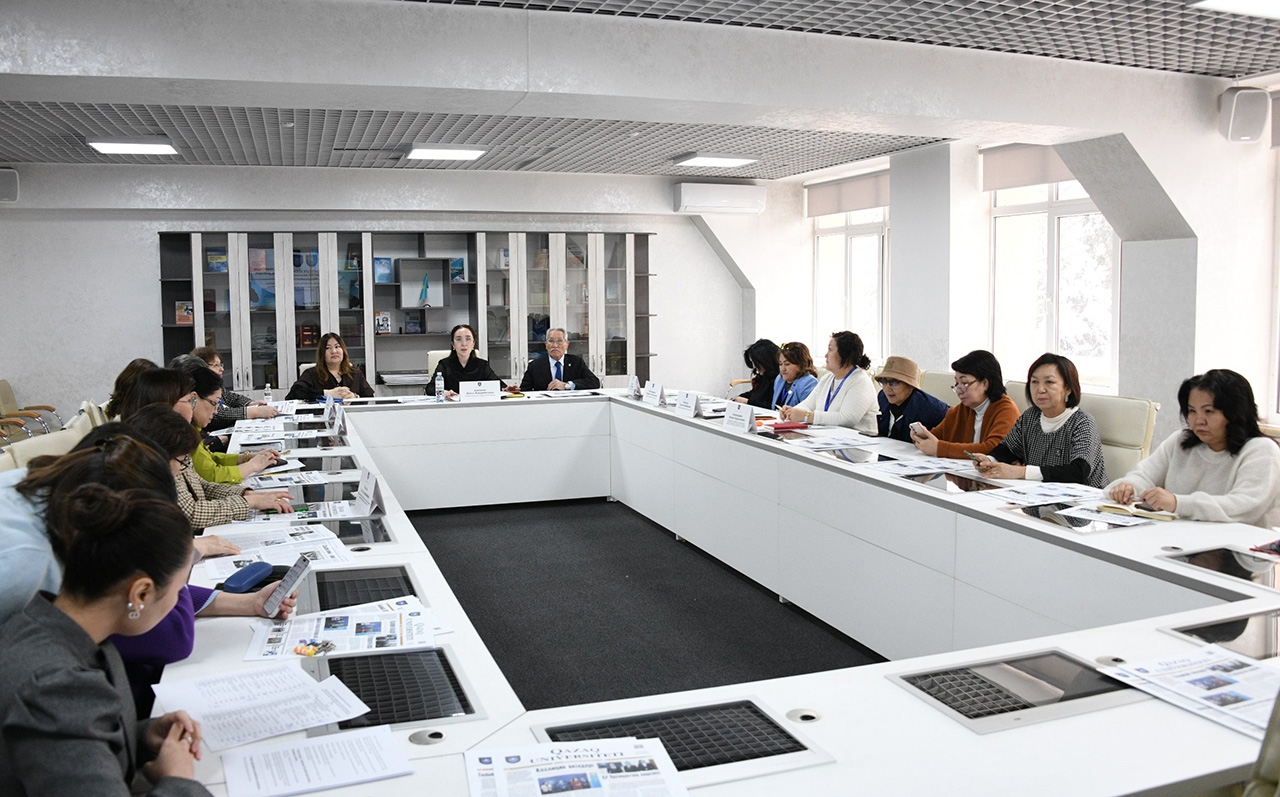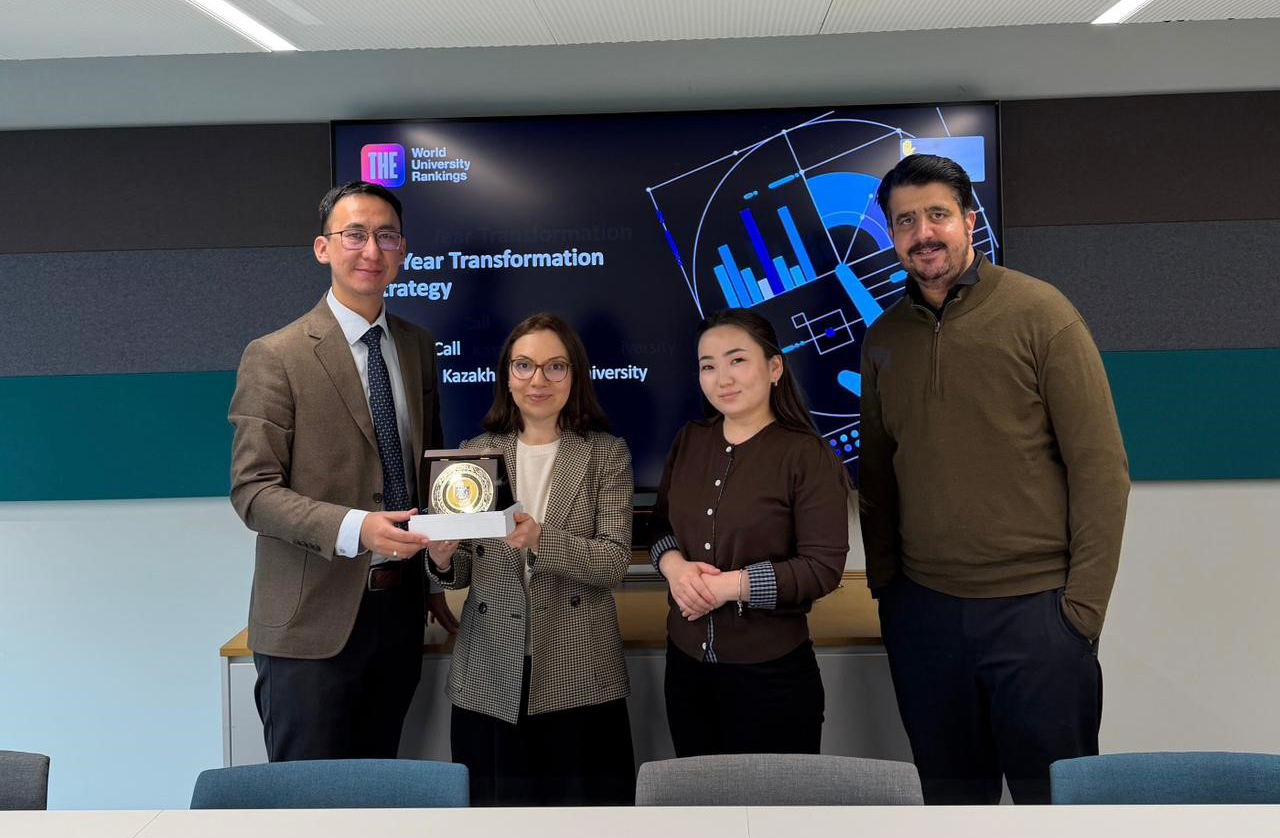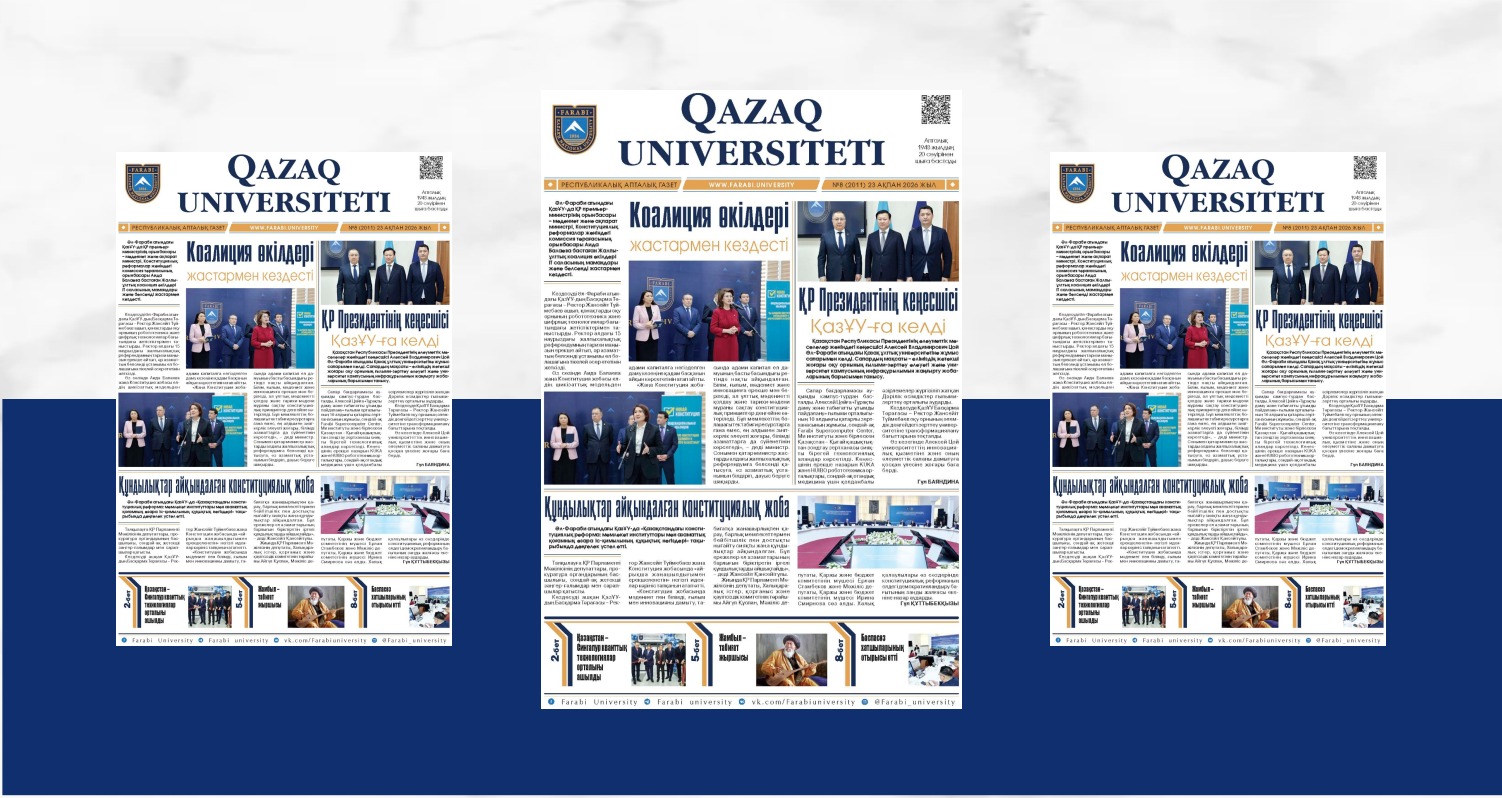A new laboratory for water quality research has been established at KazNU.
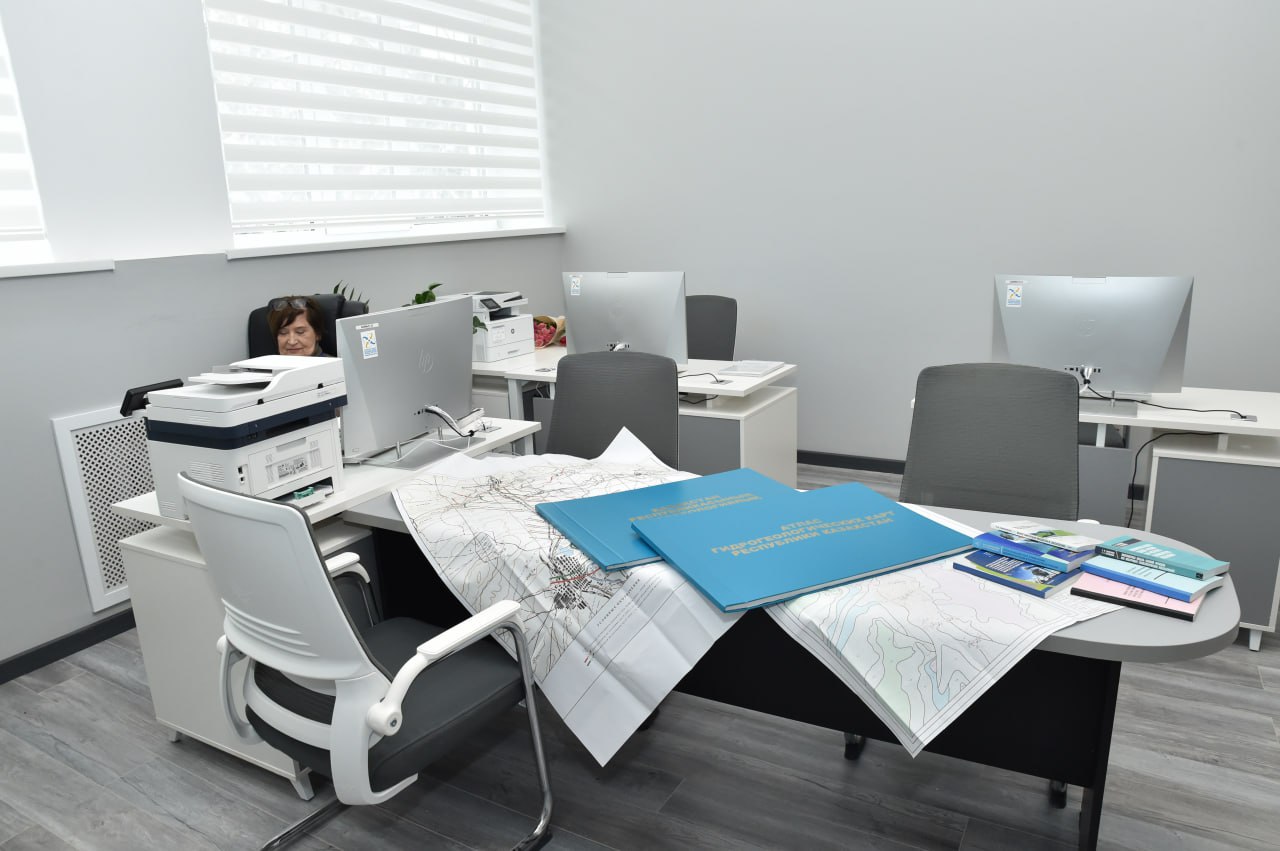
A laboratory for modeling the dynamics of the qualitative composition of water resources has been established at the Scientific Center for "Sustainable Development and Rational Nature Management" of Al-Farabi Kazakh National University.
The main goal is to assess and predict the dynamics of the qualitative composition of groundwater and surface water based on mathematical models.
The laboratory analyzes water for various pollutants and determines their levels, which allows for the assessment of the environmental impact and the implementation of measures to reduce negative effects on ecosystems.
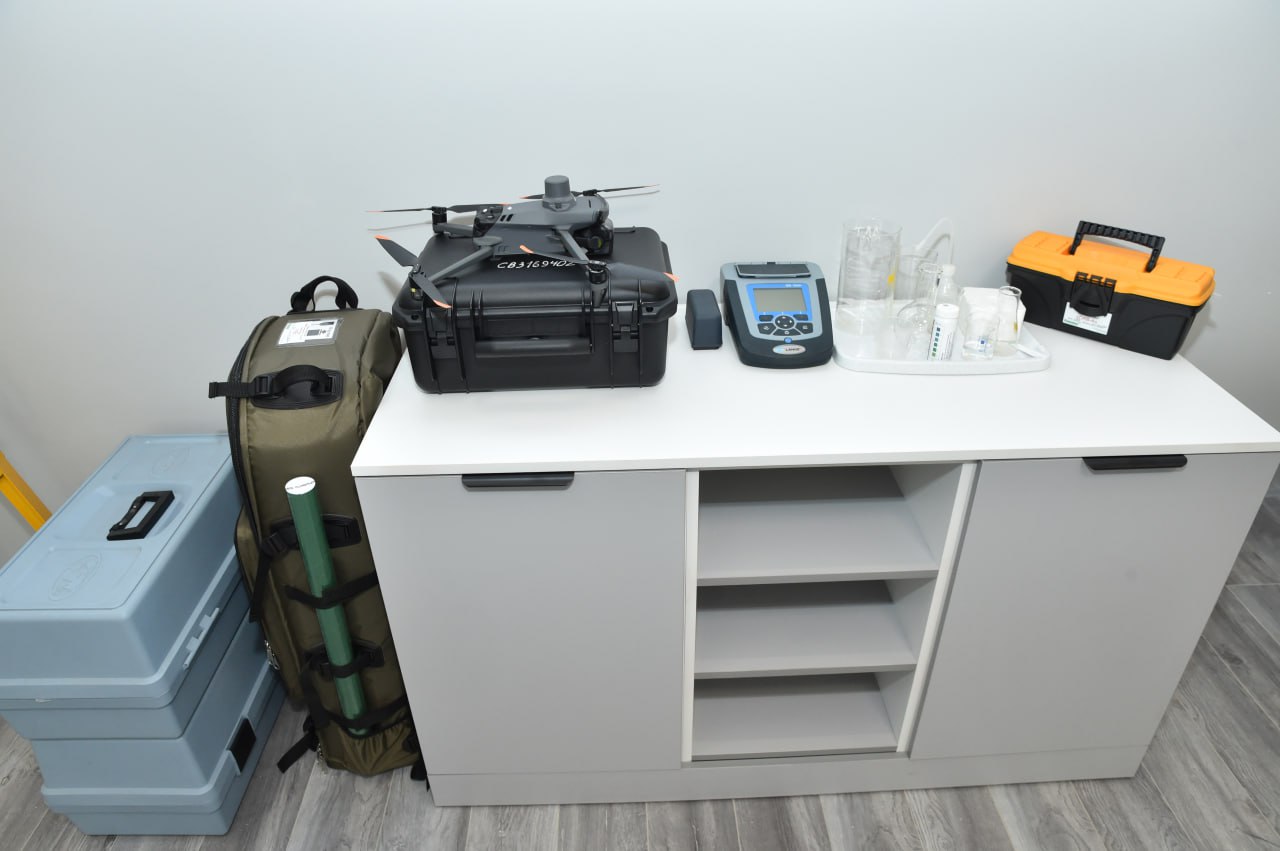
According to the head of the Laboratory for Modeling the Dynamics of the Qualitative Composition of Water Resources, Doctor of Geographical Sciences Lyudmila Pavlichenko, the use of analysis results allows for measures to be taken to protect public health and prevent the spread of infections through water.
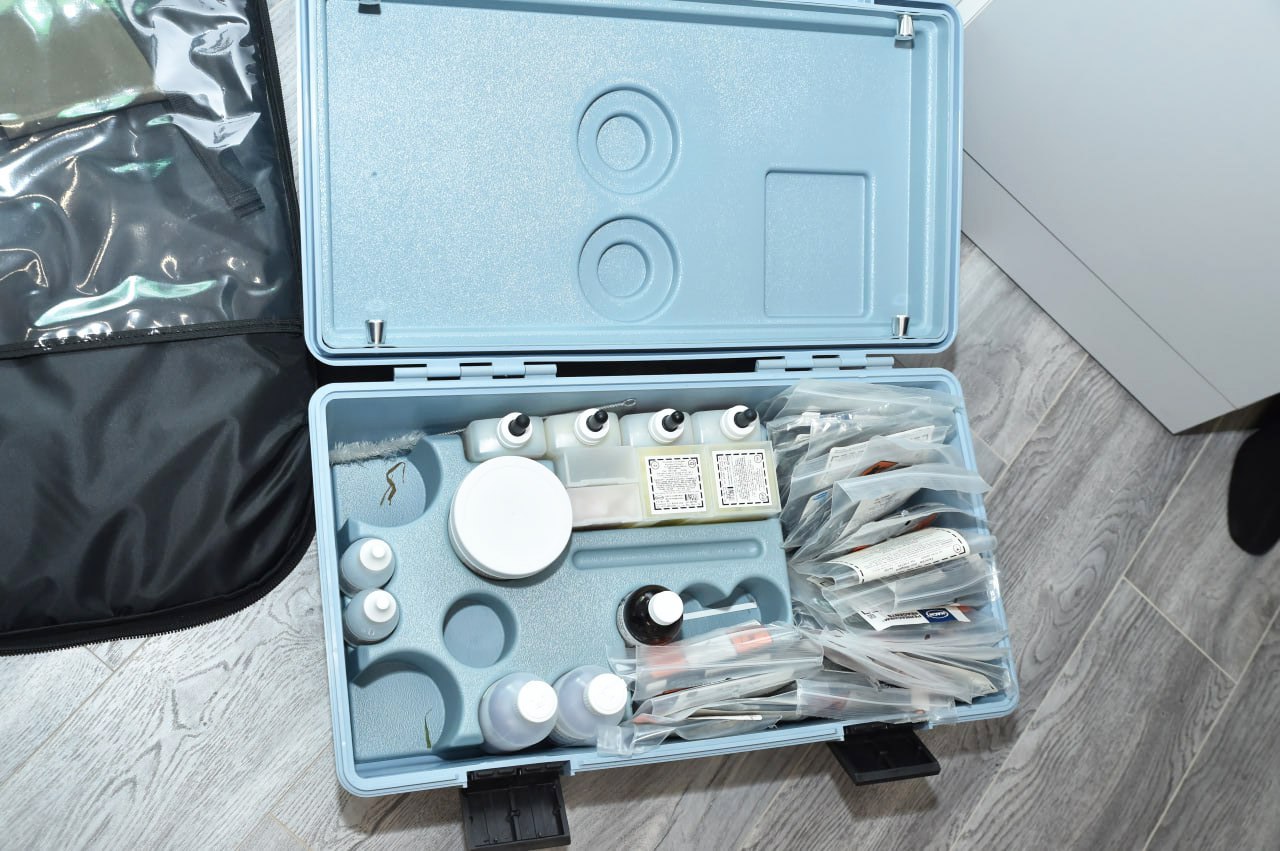
"The analyses obtained in this laboratory will help monitor and improve the quality of drinking water, which contributes to the overall well-being and health of the community. Furthermore, the laboratory data allows state and local executive bodies to make informed decisions regarding the use of water resources and helps determine the need for additional measures for the purification and protection of water resources. The laboratory can also contribute to the achievement of SDG 6 (Ensuring the availability and sustainable management of water and sanitation for all)", - says Lyudmila Pavlichenko.
The laboratory's activities include several aspects:
- Water quality parameter research: The laboratory analyzes and evaluates various water quality parameters, such as pollution levels, content of different chemicals, etc.
- Modeling water quality dynamics: Using mathematical modeling, the laboratory creates models to predict changes in water quality based on natural and anthropogenic factors.
- Assessment of anthropogenic impact: The laboratory investigates the effects of human activity on water quality, such as the discharge of treated wastewater from industrial enterprises and utilities, drainage from agricultural fields, and animal waste management facilities.
- Development of water quality improvement measures: Based on the results of field studies and surface and groundwater quality monitoring data, the laboratory offers recommendations and strategies for potential water quality improvements and pollution prevention.


Press-service of Al-Farabi Kazakh National University

